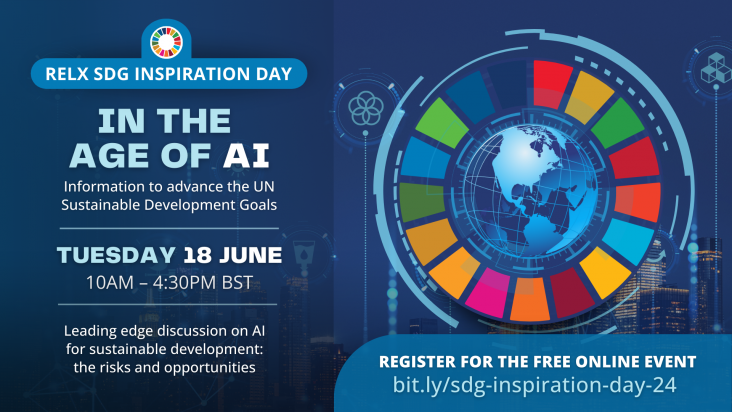Geographic disparities in access to liver transplant for advanced cirrhosis: Time to ring the alarm!
American Journal of Transplantation, Volume 24, May 2024


AI holds tremendous potential for advancing the United Nations Sustainable Development Goals (SDGs). AI, particularly generative AI, provides new opportunities to analyse data and trends at pace a
Catalyzing healthcare accessibility through cashless payment gateways in India: a digital revolution
The Lancet Regional Health - Southeast Asia, Volume 23, April 2024
This chapter addresses UN SDGs 10, 11, And 15 by discussing the importance of incorporating indigenous knowledge and culture in Arctic development in particular their familiarity with the Artic environment and their ability to manage the natural resources in a sustainable way.
Settling the record: 3,000 years of continuity and growth in a Coast Salish settlement constellation
Journal of Anthropological Archaeology, Volume 73, March 2024
